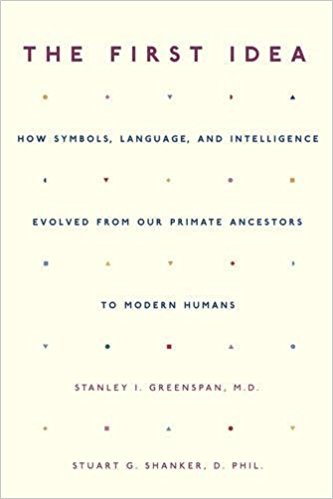Some fascinating new research has surfaced as the how language first developed and evolved. According to a recent article published in Nature, language has not developed on a linear path like scholars have always thought. From the story in Wired:
“It’s widely thought that human language evolved in universally similar ways, following trajectories common across place and culture, and possibly reflecting common linguistic structures in our brains. But a massive, millennium-spanning analysis of humanity’s major language families suggests otherwise.
“Instead, language seems to have evolved along varied, complicated paths, guided less by neurological settings than cultural circumstance. If our minds do shape the evolution of language, it’s likely at levels deeper and more nuanced than many researchers anticipated.
““It’s terribly important to understand human cognition, and how the human mind is put together,†said Michael Dunn, an evolutionary linguist at Germany’s Max Planck Institute and co-author of the new study, published April 14 in Nature. The findings “do not support simple ideas of the mind as a computer, with a language processor plugged in. They support much-more complex ideas of how language arises.—
Language, it seems, develops “from more general cognitive capacities.” An interesting book published on the subejct a few years ago examines this very topic: The First Idea: How Symbols, Language and Intelligence Evolved from our Primate Ancestors to Modern Humans. The book talkes a wider view beyond just language development, but perhaps the entire story is still being written.






